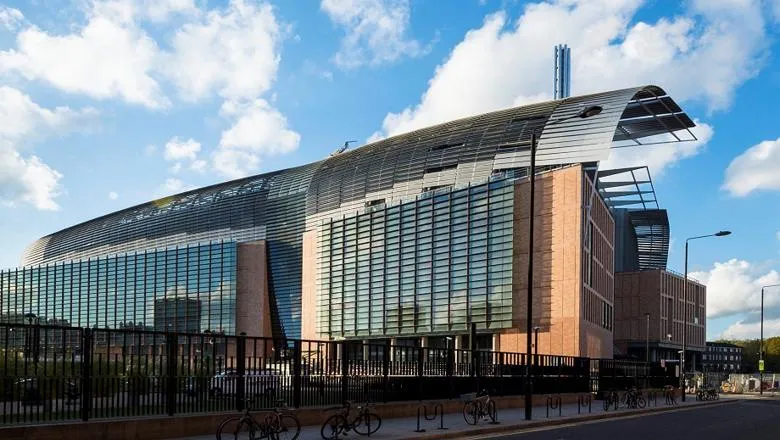The research presentations at this event illustrated just how much has been achieved by the partnership over the last five years, and the concluding panel discussion highlighted the wide range of opportunities to extend that success over the next five.
Professor Malcolm Irving, Partnership Lead
24 June 2022
King's-Crick partnership celebrates five years
The partnership aims to facilitate the discovery of solutions for the world’s greatest medical challenges

At an event held at King’s College London on 17 June 2022, researchers, executive staff and guests marked five years of the King’s-Crick partnership with presentations on some of the Attachment Programme’s most promising research projects.
King’s, together with UCL and Imperial College, is a founding partner of the Francis Crick Institute, which exists to deliver world-leading biomedical research through collaboration and multidisciplinarity. The partnership includes a PhD Programme and an Attachment Programme that enables King’s researchers to relocate their groups to the Crick, or Crick Group Leaders to establish groups at King’s.
Over the years the partnership has seen some remarkable successes, including Professor Adrian Hayday and Dr Oliver Nussbaumer’s pioneering research into gamma delta (γδ) T cells which resulted in the spinout company GammaDelta Therapeutics.
GammaDelta Therapeutics works to exploit the unique activities of gamma delta (γδ) T cells that are present in the body's tissues where cancers and inflammatory diseases take hold. Using these cells the company have been able to develop “off-the-shelf” cell therapies, with the potential to powerfully impact outcomes for patients undergoing immunotherapy.
Last week’s event provided an opportunity to reflect on the achievements of the partnership so far as well as think about how to alleviate some of the challenges scientists might face in translating their discoveries into real-life patient impact. The panel discussion highlighted the benefits of bi-directional multi-disciplinary training and the importance collaborating across diverse perspectives and specialities.
All participants signalled their commitment to deepening our shared understanding of human biology, with an ultimate aim to improve the treatment, diagnosis and prevention of human disease.

